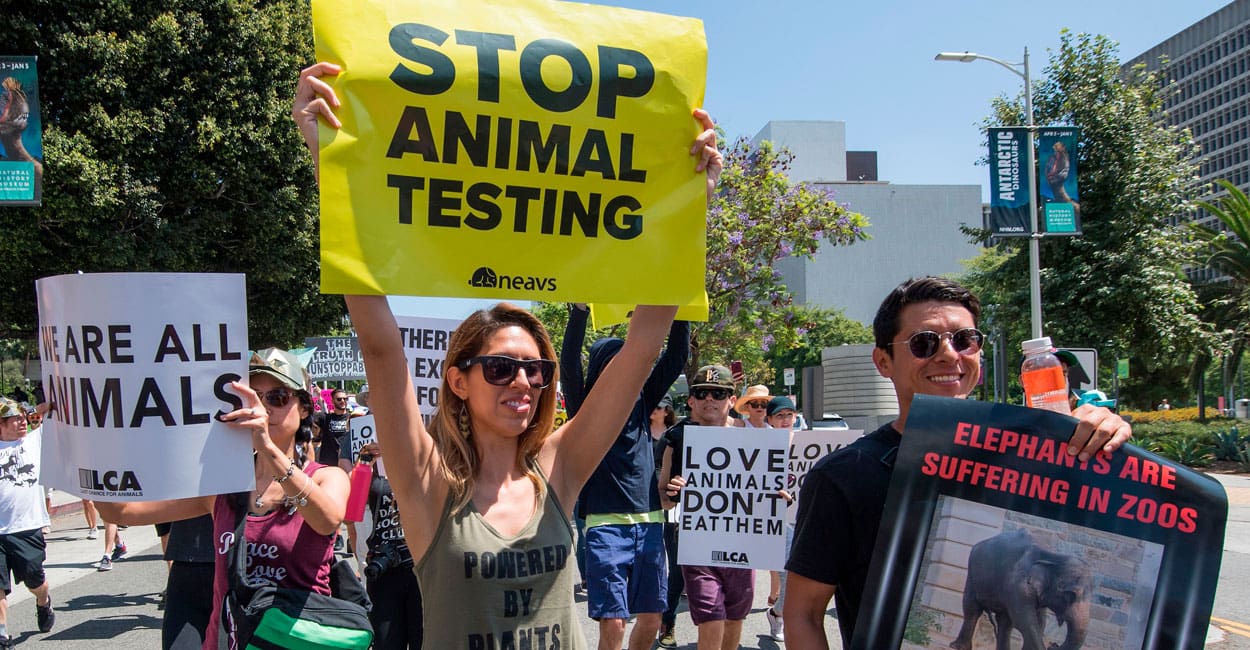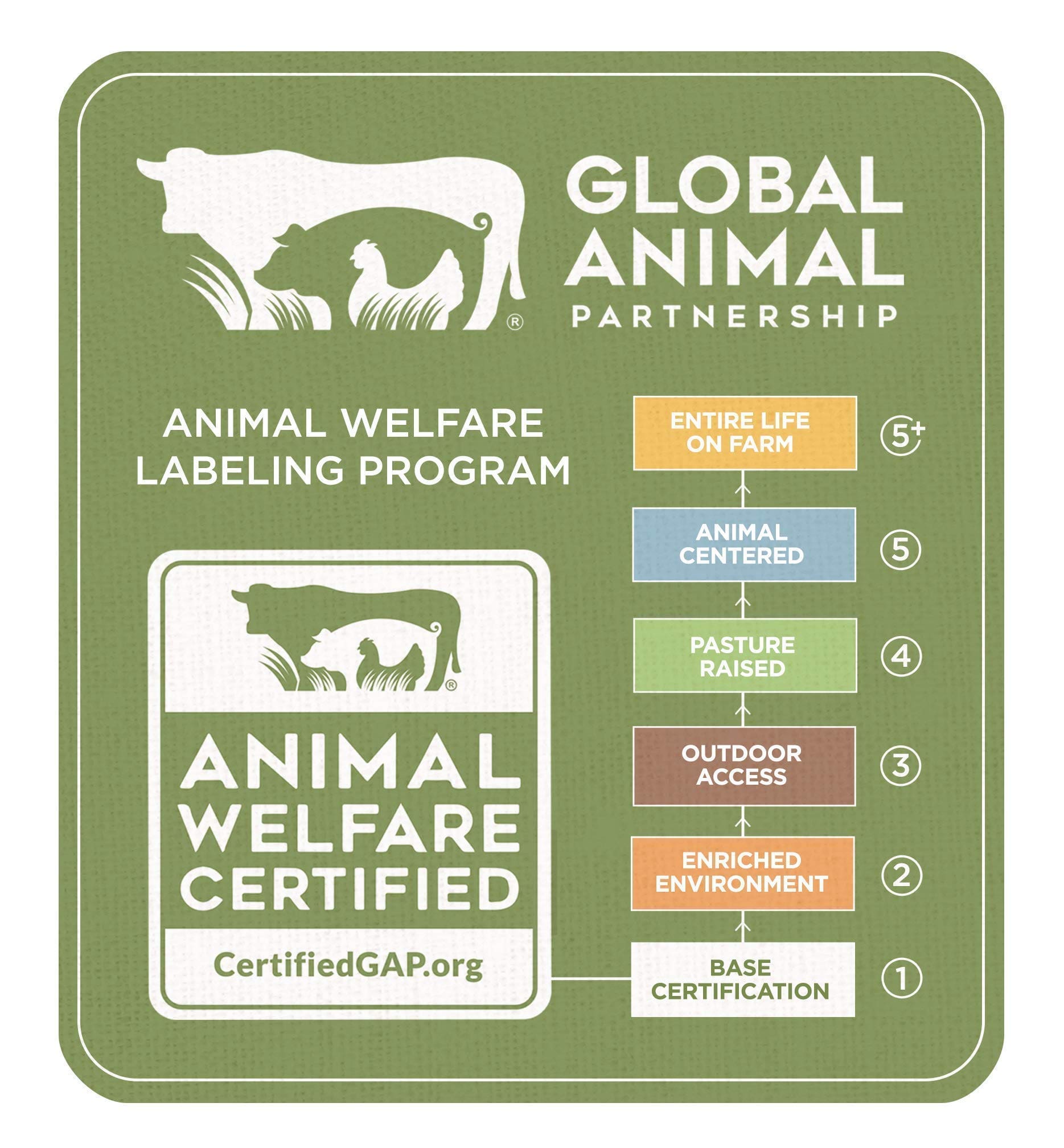The rising demand for meat has intensified scrutiny on the treatment of animals within the meat industry, igniting a global conversation about ethics, sustainability, and consumer responsibility. With factory farming practices under fire for inhumane conditions and environmental harm, animal rights activists have pushed for transformative change—spurring interest in alternatives like plant-based diets and lab-grown meat. Government regulations, welfare certifications, and informed consumer choices are playing pivotal roles in reshaping industry standards. This article explores the pressing ethical challenges and emerging solutions aimed at fostering more humane practices while addressing the moral implications of modern meat production
The debate surrounding animal rights and welfare in the meat industry has been a contentious and ongoing issue. As the demand for meat products continues to rise, so does the scrutiny on the treatment of animals in the meat production process. With animal activists and organizations calling for more ethical and humane practices, the meat industry has come under pressure to address these concerns. In recent years, there have been numerous exposés and investigations that have shed light on the often inhumane and cruel treatment of animals in factory farms and slaughterhouses. This has sparked a global conversation on the moral implications of the meat industry and the ethical treatment of animals. While some argue that animals should have the same rights as humans, others believe that the consumption of meat is a natural and necessary part of human survival. In this article, we will delve into the complex and multifaceted issue of animal rights and welfare in the meat industry, examining both sides of the argument and exploring potential solutions for a more humane and ethical approach to meat production.
Ethical concerns surrounding factory farming.
Factory farming has long been a topic of ethical concern, raising questions about the treatment of animals, environmental impact, and human health risks. One of the primary ethical concerns relates to the confinement and living conditions of animals in factory farms. Animals are often kept in overcrowded and unsanitary conditions, unable to engage in natural behaviors or have access to open spaces. This raises ethical questions about the basic welfare and quality of life experienced by these animals. Additionally, factory farming practices contribute to environmental degradation through the excessive use of resources such as water and land, as well as the release of pollutants into the air and waterways. The impacts on local ecosystems and biodiversity are significant. From a human health perspective, the intensive use of antibiotics in factory farming contributes to the rise of antibiotic-resistant bacteria, posing a risk to public health. These ethical concerns surrounding factory farming highlight the need for a critical examination of current practices and the implementation of more sustainable and humane alternatives in the meat industry.
Impact of animal rights activism.

Efforts in animal rights activism have had a significant impact on raising awareness about the welfare of animals in the meat industry. Activists have shed light on the inhumane conditions and practices present in factory farms, leading to increased scrutiny and demand for more ethical treatment of animals. As a result of these efforts, there has been a growing movement towards alternative farming practices, such as organic farming and free-range systems, which prioritize animal welfare and provide animals with more natural living conditions. Animal rights activism has also influenced consumer behavior, with an increasing number of individuals opting for plant-based diets and seeking out ethically sourced and cruelty-free food products. Through their advocacy and campaigns, animal rights activists have been instrumental in driving changes within the meat industry and promoting a more compassionate and sustainable approach to animal agriculture.
Role of government regulations.
Government regulations play a crucial role in ensuring the protection and welfare of animals in the meat industry. These regulations establish guidelines and standards that producers must adhere to in order to ensure humane treatment of animals throughout their lives. Government agencies are responsible for monitoring and enforcing these regulations, conducting inspections to ensure compliance and taking appropriate actions against violators. By implementing and enforcing such regulations, governments can hold the meat industry accountable for their practices and promote the well-being of animals. Furthermore, government regulations can also help to standardize industry practices, ensuring that all producers meet the same level of animal welfare standards. This not only benefits the animals but also provides consumers with transparency and confidence in the products they purchase. Overall, government regulations are an essential component in safeguarding animal rights and welfare in the meat industry.
Consumer responsibility in supporting welfare.

Consumers also have a significant role to play in supporting animal welfare in the meat industry. It is important for consumers to be aware of the conditions in which animals are raised and processed for meat production. By making informed choices and seeking out meat products that are produced in accordance with higher animal welfare standards, consumers can send a clear message to the industry that they value and prioritize the well-being of animals. This can be done by looking for labels or certifications that indicate adherence to specific animal welfare standards, supporting local and organic farmers who prioritize humane practices, and reducing overall meat consumption by incorporating more plant-based alternatives into their diets. Consumer demand has a powerful influence on the market, and by actively supporting animal welfare in their purchasing decisions, consumers can drive positive change and encourage the industry to prioritize the ethical treatment of animals.
Alternatives to traditional meat production.
The focus on animal rights and welfare in the meat industry has led to a growing interest in alternatives to traditional meat production. One such alternative is plant-based meat substitutes, which are made from ingredients like soy, peas, and mushrooms. These products aim to replicate the taste, texture, and appearance of traditional meat, providing a satisfying option for those looking to reduce or eliminate their consumption of animal products. Another alternative gaining traction is cultured or lab-grown meat, which is produced by cultivating animal cells in a lab setting. This method eliminates the need for animal slaughter and reduces the environmental impact associated with traditional livestock farming. While still in its early stages, these alternatives have the potential to revolutionize the meat industry by offering more sustainable and humane options for consumers.
Animal welfare certifications and labels.

Certifications and labels play a critical role in ensuring transparency and accountability in the animal welfare standards of the meat industry. These certifications provide consumers with valuable information about the conditions in which animals were raised and the practices used in their production. For instance, labels such as “Certified Humane” and “Animal Welfare Approved” indicate that the animals were raised in environments that prioritize their well-being, including access to outdoor spaces, proper nutrition, and freedom from unnecessary stress or confinement. These certifications serve as a guide for consumers who prioritize supporting ethical and humane farming practices. By choosing products with these certifications, consumers can actively contribute to the promotion of higher animal welfare standards within the meat industry.
Importance of transparency in industry.
In the realm of animal rights and welfare in the meat industry, transparency plays a crucial role in fostering trust and accountability. Openness and honesty about the conditions in which animals are raised and processed are essential in allowing consumers to make informed choices. With access to transparent information, consumers can assess the ethical and humane practices employed by meat industry stakeholders. This transparency allows for greater scrutiny and encourages industry players to prioritize animal welfare and make necessary improvements. Additionally, transparency promotes dialogue and collaboration between stakeholders, creating opportunities for innovation and the development of more sustainable and humane farming practices. By prioritizing transparency, the industry can build credibility, foster consumer trust, and ultimately facilitate positive change towards better animal rights and welfare standards.
Ways to support ethical practices.

To support ethical practices in the realm of animal rights and welfare in the meat industry, there are several actions individuals and organizations can take. Firstly, consumers can make conscious choices by opting for products that are certified by reputable animal welfare organizations. These certifications, such as the Animal Welfare Approved label or the Certified Humane label, indicate that the animals were raised and processed following strict ethical standards. By purchasing these certified products, consumers can actively support and encourage ethically responsible practices within the industry. Additionally, engaging in open dialogue with local farmers and ranchers who prioritize animal welfare can provide valuable insights and contribute to the promotion of ethical practices. Furthermore, supporting legislative efforts and advocating for stronger animal welfare laws can have a significant impact on improving the industry’s standards. By joining forces with like-minded individuals and organizations, it is possible to create a collective voice that demands change and promotes greater compassion for animals within the meat industry.
In conclusion, the issue of animal rights and welfare in the meat industry is a complex and multifaceted one. While there are certainly ethical concerns surrounding the treatment of animals in the meat production process, there are also economic and practical considerations that must be taken into account. As consumers, it is important for us to be informed and make conscious choices about the meat products we consume, as well as advocating for better standards and regulations within the industry. Ultimately, it is up to all of us to play a role in creating a more ethical and sustainable meat industry for the well-being of both animals and the environment.
FAQ
How do animal rights activists argue against the ethical treatment of animals in the meat industry?
Animal rights activists argue against the ethical treatment of animals in the meat industry by highlighting the inherent cruelty and suffering involved in factory farming practices. They contend that animals raised for meat are often subjected to overcrowded and unsanitary conditions, routine mutilations, and inhumane slaughter methods. Activists also emphasize the moral rights of animals, arguing that they deserve to be treated with respect and not be treated as mere commodities for human consumption. They advocate for alternative food choices, such as plant-based diets, and push for stricter regulations and enforcement to ensure better conditions for animals in the meat industry.
What are some common practices in the meat industry that are considered inhumane towards animals?
Some common practices in the meat industry that are considered inhumane towards animals include intensive confinement in small spaces, such as battery cages for chickens or gestation crates for pigs; routine use of antibiotics and growth hormones; painful procedures like dehorning or debeaking without anesthesia; and methods of slaughter that may cause unnecessary suffering, such as ineffective stunning or improper handling. These practices have sparked ethical concerns and led to calls for more humane treatment of animals in the meat industry.
How do animal welfare regulations and laws vary across different countries in the meat industry?
Animal welfare regulations and laws vary significantly across different countries in the meat industry. Some countries have stringent regulations and enforceable laws that prioritize animal welfare, with strict standards for housing, transportation, and slaughter practices. Other countries may have weaker or less enforced regulations, leading to potentially substandard conditions for animals. The level of concern for animal welfare also varies culturally, with some countries placing a greater emphasis on humane treatment of animals than others. Additionally, global trade and import/export regulations can influence animal welfare standards in the meat industry, as countries may have different requirements for imported products.
What are the potential consequences of not addressing animal welfare concerns in the meat industry?
The potential consequences of not addressing animal welfare concerns in the meat industry are numerous. Firstly, it can lead to increased public backlash and consumer boycotts, damaging the reputation and financial stability of meat producers. Secondly, it can result in a decline in public trust and confidence in the industry as a whole. Additionally, neglecting animal welfare can lead to ethical and moral concerns, causing distress and guilt among consumers. Furthermore, it can have negative environmental impacts, as intensive farming practices can contribute to pollution and deforestation. Lastly, not addressing animal welfare concerns may lead to increased regulatory scrutiny and potential legal consequences for non-compliant companies.
Are there any alternative farming methods or practices that prioritize animal welfare while still meeting the demand for meat?
Yes, there are alternative farming methods and practices that prioritize animal welfare while still meeting the demand for meat. One such method is pasture-based farming, where animals are allowed to graze on open pasture, providing them with a natural and comfortable environment. This method ensures that animals have space to move, access to fresh air, and a varied diet. Another approach is regenerative agriculture, which focuses on improving soil health and biodiversity, reducing the need for synthetic inputs and enhancing animal welfare. Additionally, there is a growing interest in lab-grown or cultured meat, which involves producing meat from animal cells without raising or slaughtering animals, offering a cruelty-free alternative.



